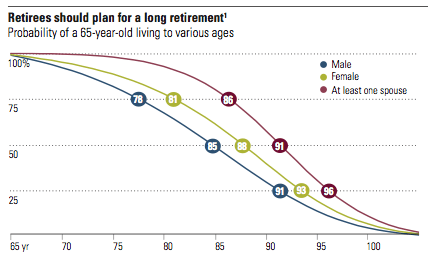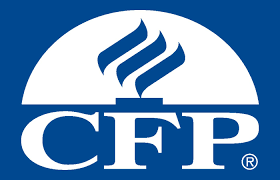By Holly Brady
•
December 7, 2023
In life, it’s often times important to look at the whole picture rather than just the one limited view. Getting the bigger picture allows you to see a situation in full and avoid making flawed decisions based on a skewed outlook. The same goes for planning for your financial future, where it’s important to ensure that all your financial assets are in place and working in unison to protect you and your family today and into the future. What is Holistic Planning? In the interest of that “bigger picture” and ensuring full financial protection for you and your loved ones, holistic planning should ideally encompass the following six areas: Financial Management – this includes your cash flow, savings, and debt repayment. Investment Planning – how you invest versus your risk tolerance and objectives. Insurance and Risk Management – how you protect you and your loved ones against unexpected losses due to death, disability, health issues, property damage and other risks (hint: it may involve insurance!). Tax Planning – considering current and future tax obligations, strategies to minimize and defer the negative impact of taxation as it relates to your financial plans, as well as means to strengthen your financial position to meet your goals. Retirement Planning – the lifestyle you wish to enjoy in retirement, how much it will cost and the journey to achieving this. Estate Planning and Legal Aspects – distributing your assets at your death efficiently, as well as naming your beneficiaries. Factoring legal aspects ensures any planning you do in your lifetime (or at death) doesn’t create any unforeseen issues. Being holistic involves assessing all six of these areas collectively (not in isolation), before planning or implementing any one of them. This ensures resources are allocated in a planned priority to achieve maximum efficiency and that one piece of planning doesn’t cause issues with another. The Benefits of Holistic Planning for your Financial Future Although there are indeed many benefits to planning your finances with a more holistic view in mind, here are just a few to consider: Confidence that you have robust and comprehensive planning in place – your planning is taken care of, so you can focus on enjoying your best life. Saving you time and money – ensuring the best use of your precious time and finances, having access to more competitively priced products and holistic financial services via one Advisor (a one stop shop!) Proactive conversations with your other professional Advisors – an Advisor providing holistic advice will be comfortable engaging with your other Advisors such as accountants and lawyers. Ensuring your children/grandchildren retain cherished assets – holistic advice can ensure the next generation(s) can continue to enjoy the family cottage or other cherished assets, without having to sell them at an unfavourable price and time. Less to the Canadian Revenue Agency (CRA) and more to your loved ones – the best planning will ensure more of your assets pass to those you want them to (and when). Ensure children/grandchildren have access to great advice – there’s no need for your children/grandchildren to look elsewhere for advice. Protecting you in your accumulation phase – you may be a disciplined saver and a savvy investor for your retirement, but it’s important to complement these great attributes with adequate protection from unexpected sickness, disability or even death that could derail your saving and investing; especially if you have people dependant on your ability to earn. Tax and investment benefits – the financial planning universe is vast and holistic planning will ensure you make the most of any and all the tax saving and investment opportunities available and suitable for you. So next time you are looking at your finances or planning for your financial future, be sure to make it holistic planning in order to get the most of your hard-earned dollars and ensure that you and your family have the necessary protection in place today and into the future. Author: The Link Between












